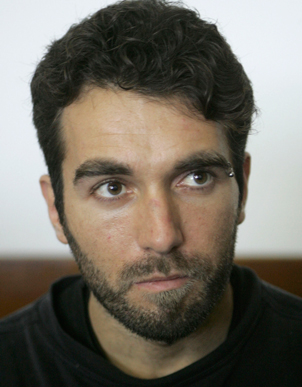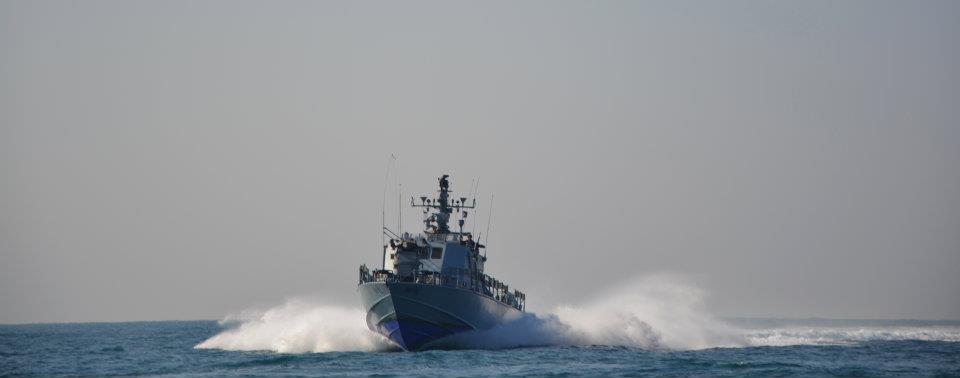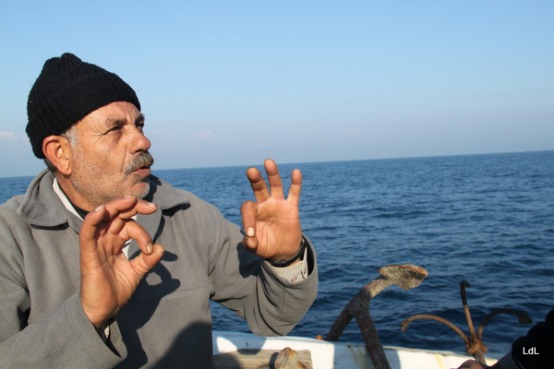Tag: Gaza
-
Military court in Gaza holds the 9th session to consider the case relating to the death of Italian solidarity activist, Vittorio Arrigoni
5 December 2011 | Palestinian Center for Human Rights On Monday 05 December 2011, the Permanent Military Court in Gaza held the ninth session in Gaza City to consider the case relating to the death of the Italian solidarity activist, Vittorio Arrigoni. Lawyers from the Palestinian Centre for Human Rights (PCHR) attended the session in…
-
Israeli navy harasses Palestinian fishermen, international observers off Gaza coast
3 December 2011 | Civil Peace Service Gaza On Saturday, 3 December 2011, the Israeli navy harassed Palestinian fishermen and international observers three miles off the coast of Gaza. Between 10:00 and 11:00 am, two warships repeatedly charged a group of seven hasakas, one trawler, and the Civil Peace Service Gaza boat Oliva.
-
A day with fugitives in Gaza’s fishing waters
by Lydia de Leeuw 2 December 2011 | A Second Glance It’s 6.30am when Ahmad’s fishing boat leaves the Gaza City fishing port. Together with his three nephews and a friend, he will stay at sea for 48 hours, trying to catch as many fish as possible within the Israeli-imposed 3 nautical-mile limit.[1] Ahmad (Abu…



